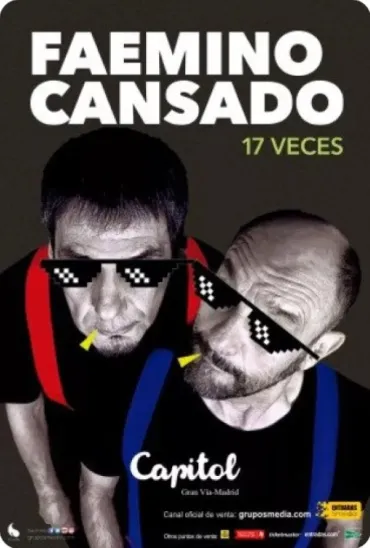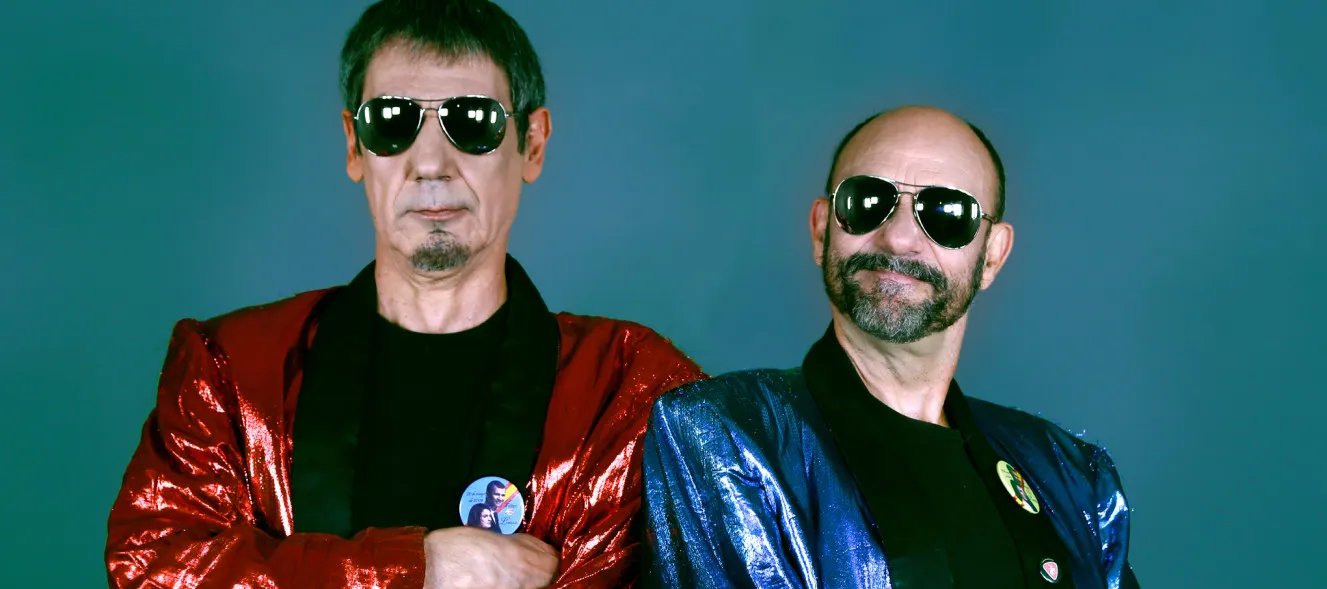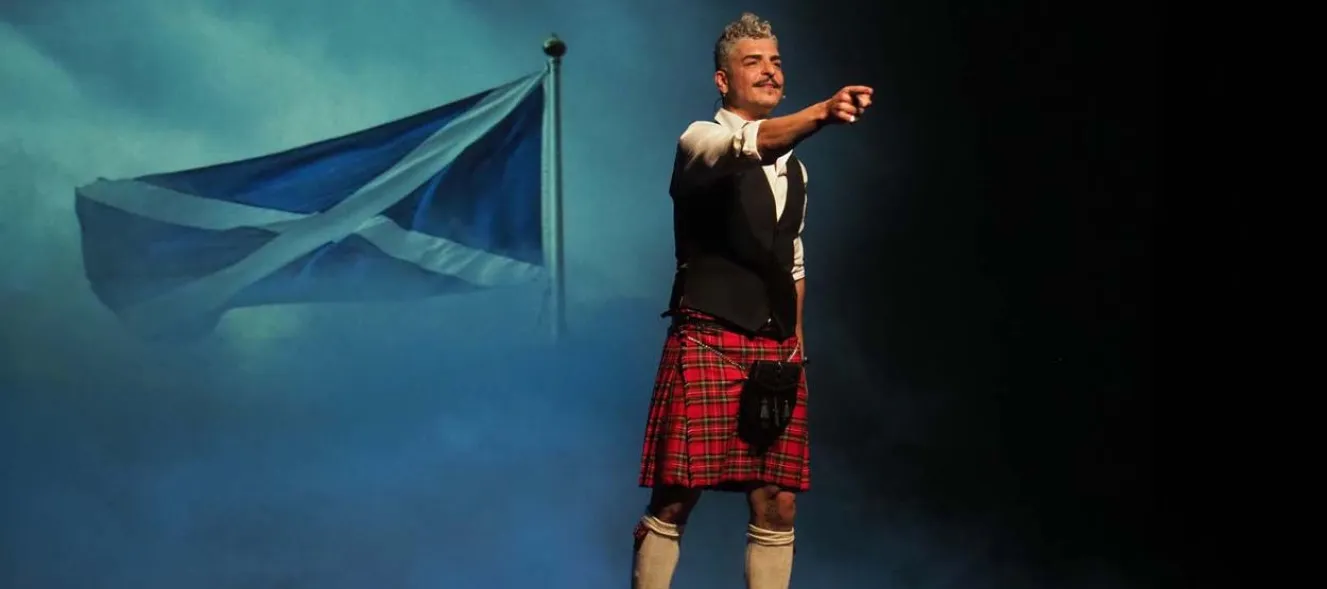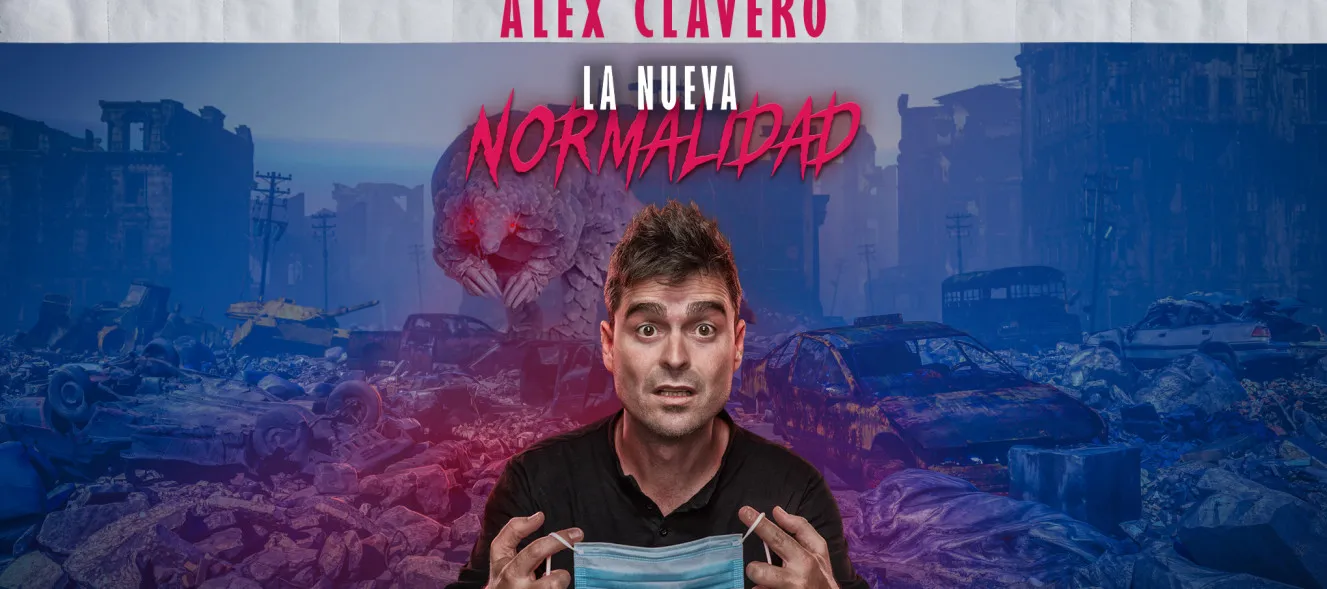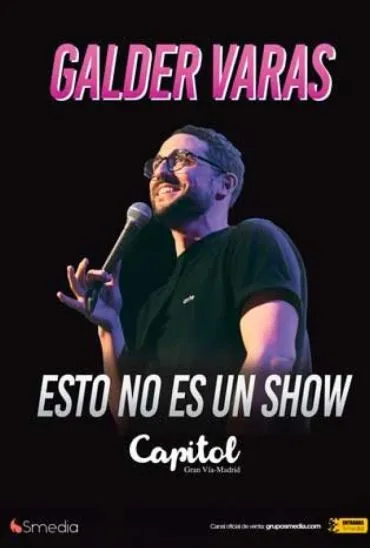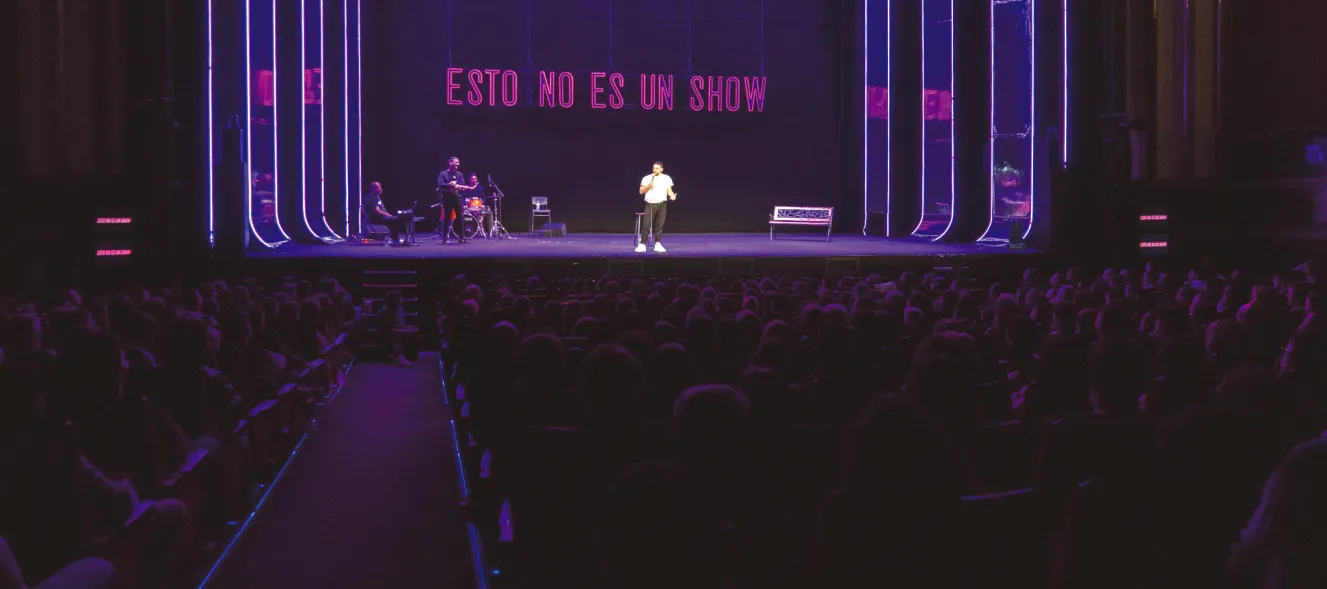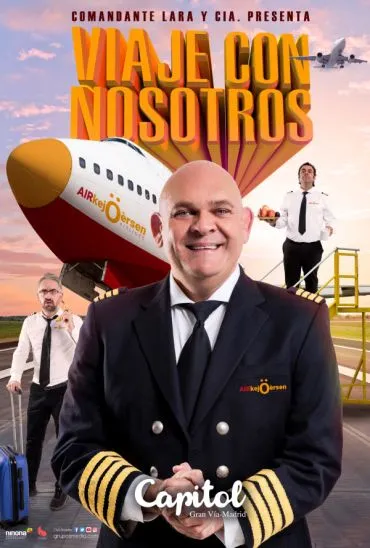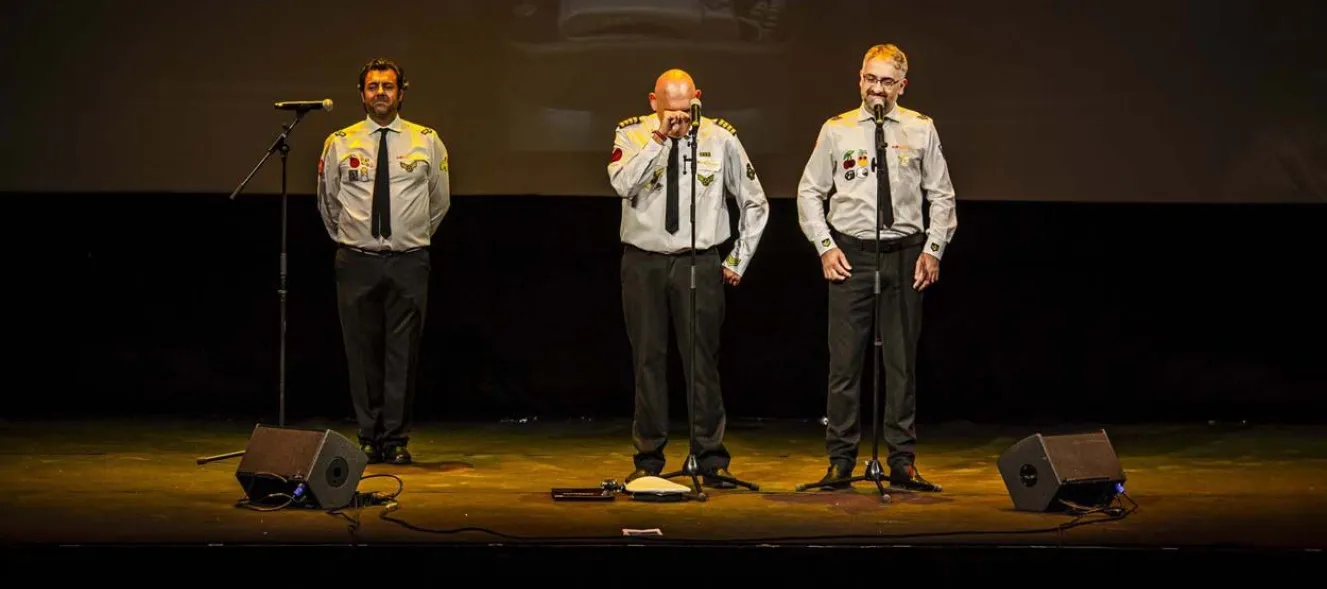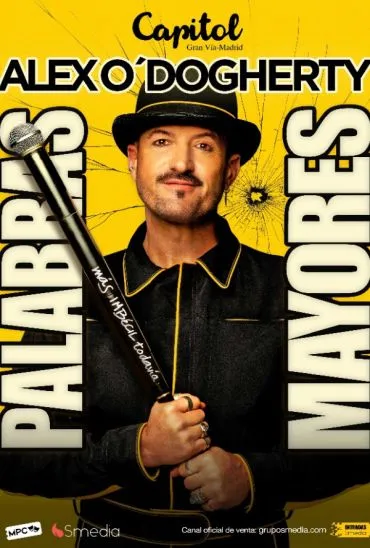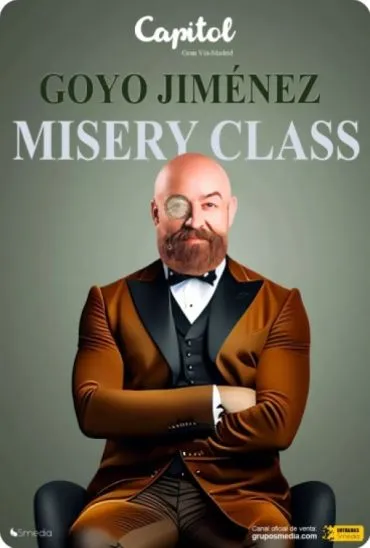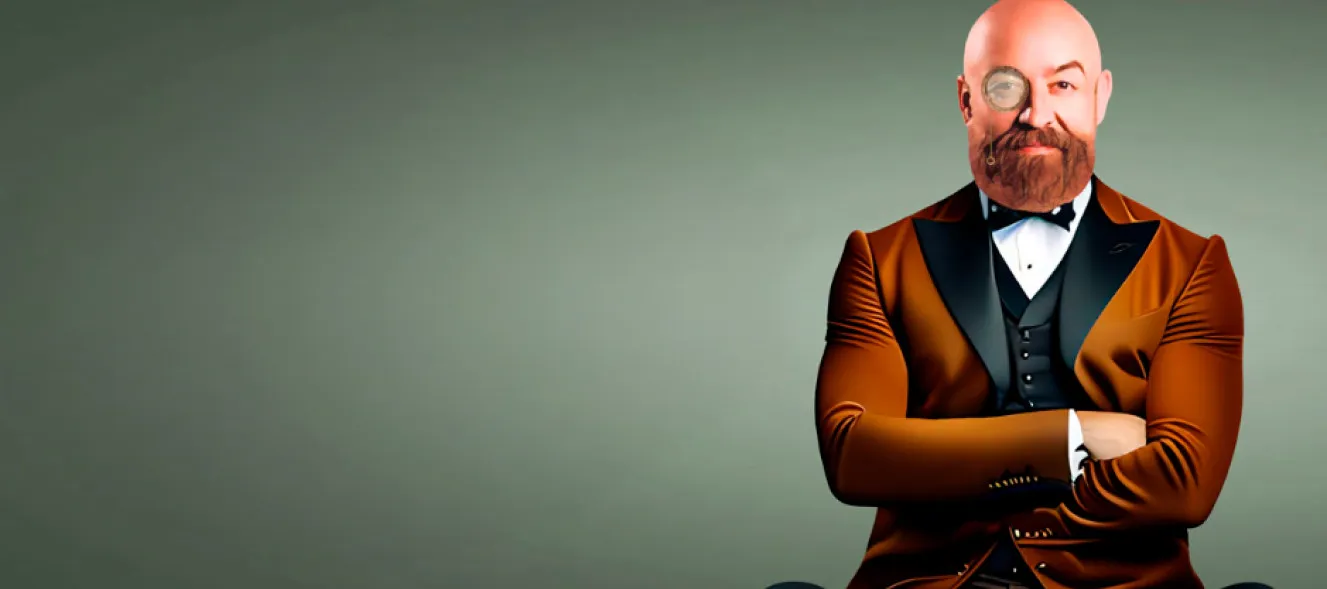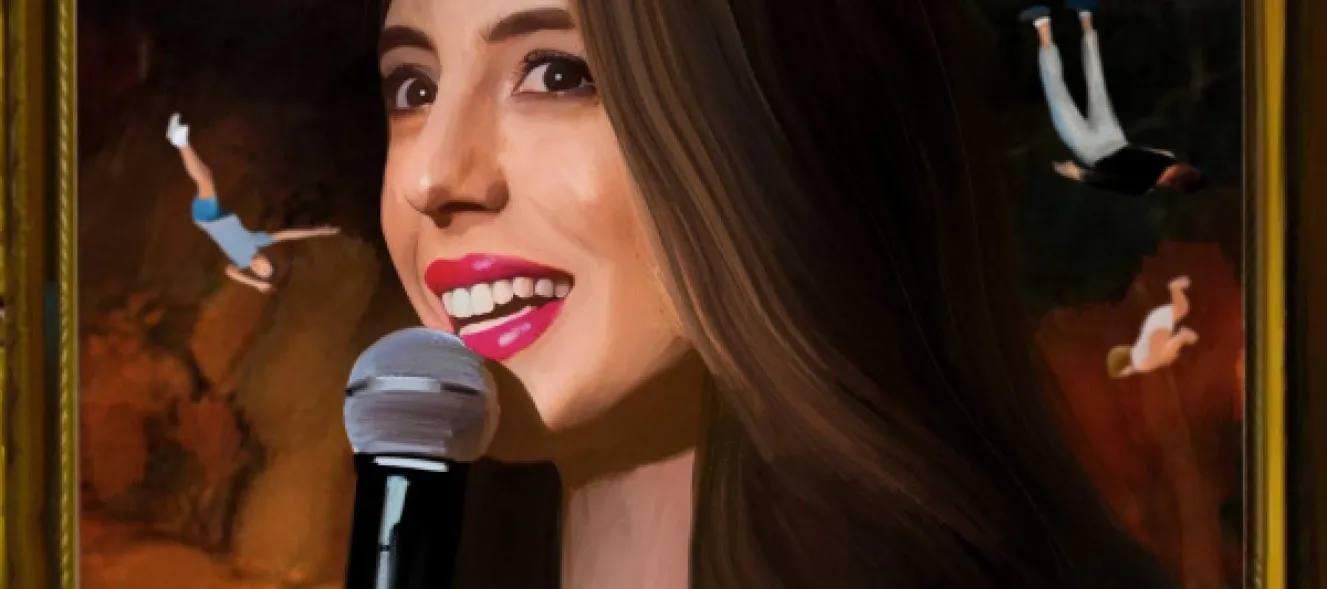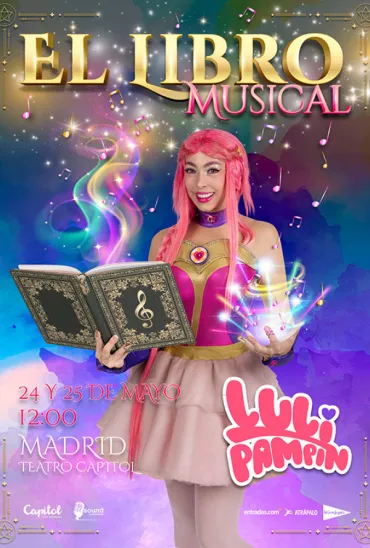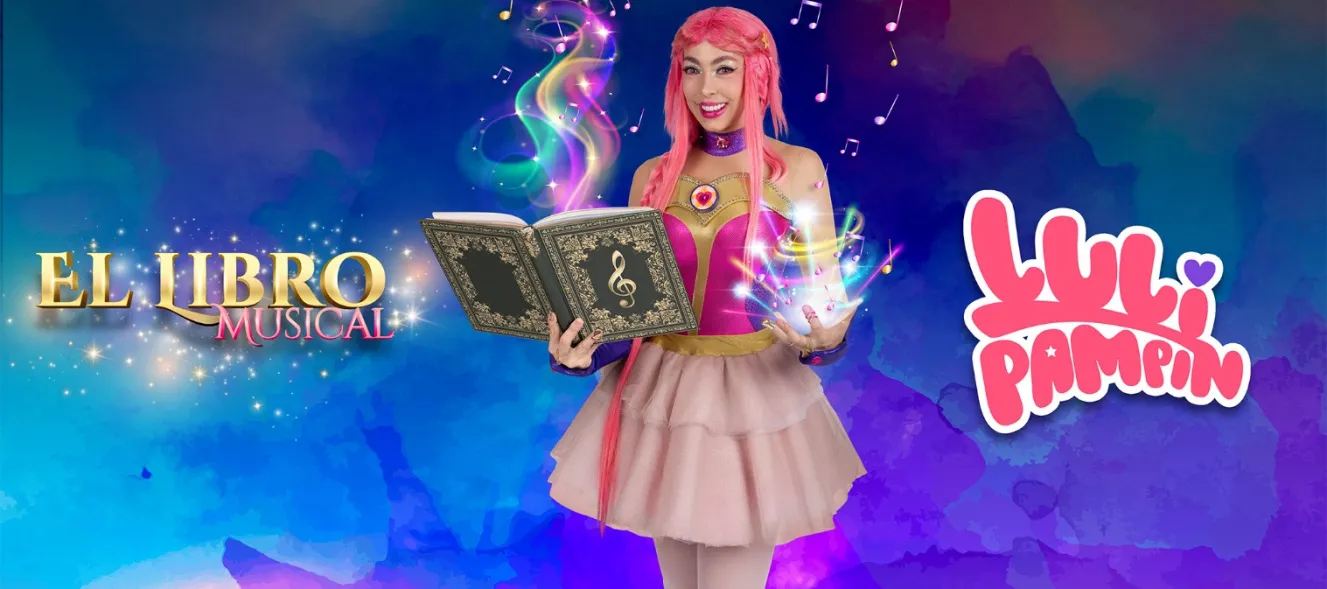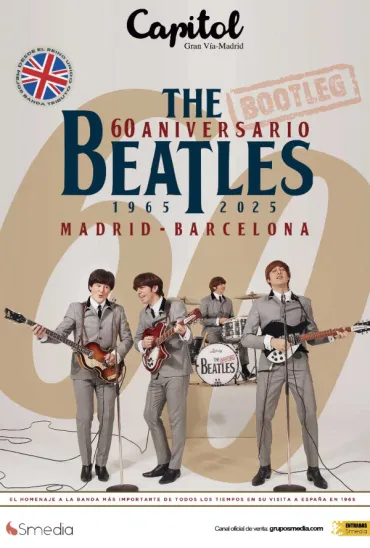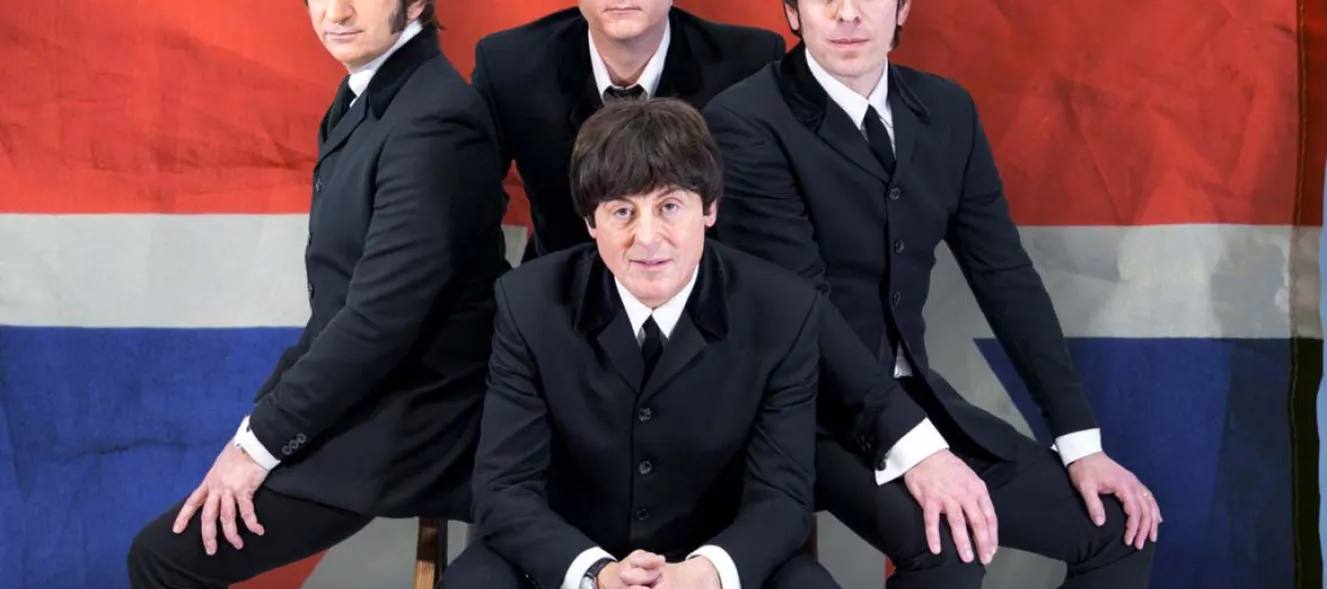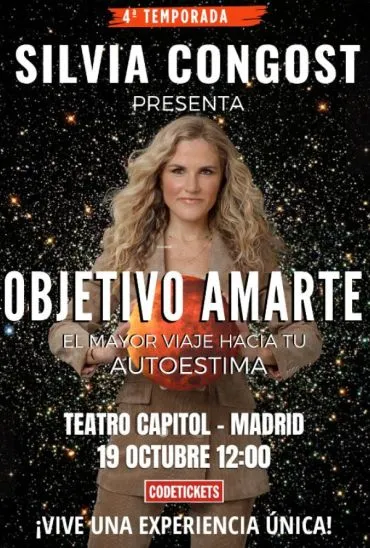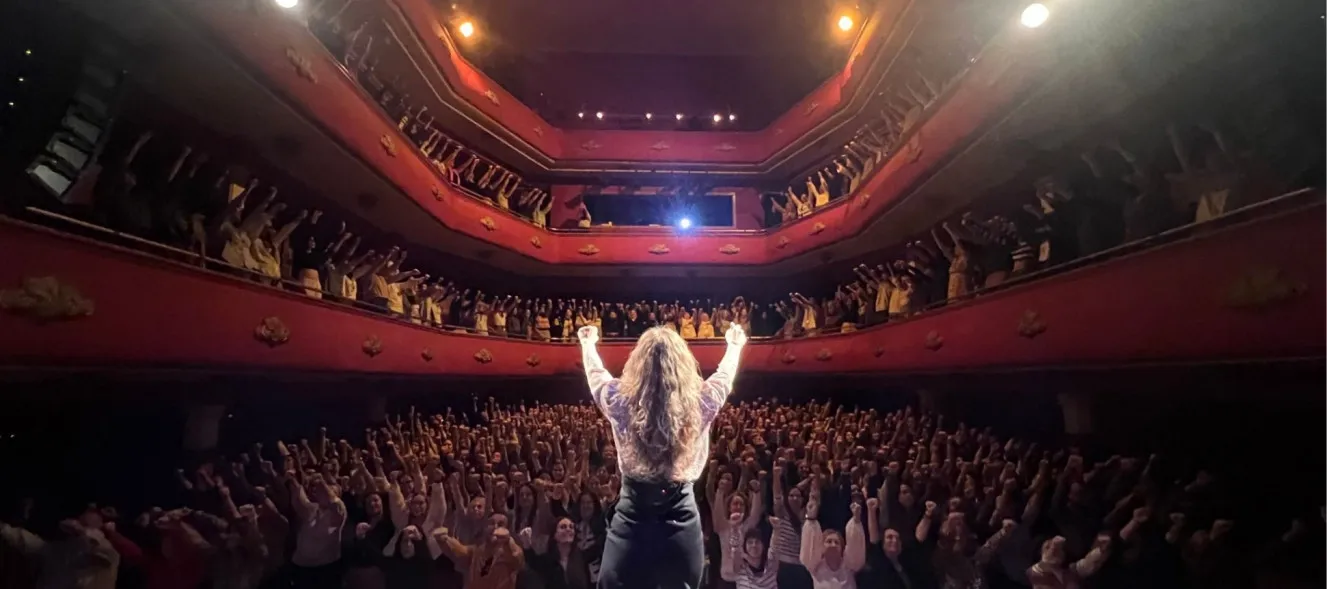Concierto
WILLIAMS SYMPHONIC TRIBUTE
ENSEMBLE SYMPHONY ORCHESTRA
Concierto
ENSEMBLE SYMPHONY ORCHESTRA

Winner of five Oscars for Best Original Score, with the adaptation of the musical Fiddler on the Roof (1971), Jaws (1975), Star Wars (1977), E.T. After films like The Extra-Terrestrial (1982) and Schindler's List (1993), John Williams is undoubtedly one of the most famous film composers. Among his successes is undoubtedly the soundtrack for Steven Spielberg's film E.T. The Extra-Terrestrial, released in theatres in June 1982, about which American film critic Roger Ebert expressed: "It's just not a good movie. It's one of those movies that takes away our fears and wins our hearts. It's a movie that ... In fact, in addition to having to compose music for some scenes he never saw or saw only briefly without special effects or sound, Williams had to use his musical commentary to make an objectively ugly creature like E.T. seem sympathetic. The scene he encountered the most difficulty with was undoubtedly the final sequence, for which Spielberg gave Williams the freedom to write it as he wished, deciding to recompose it at the end to harmonize with the music. The suite, *The Adventures on Earth*, compiles some of the most significant pages of the soundtrack, from the most impactful to the most intensely lyrical.
Steven Spielberg also directed *Jurassic Park*, released in theatres in 1993, for which Williams wrote a score intended to convey feelings such as wonder and fascination at the presence of living dinosaurs. The theme, which opens with a horn solo, is a page of intense lyricism.
Released in 2001, Harry Potter and the Philosopher's Stone is the first instalment in the Harry Potter film series, the soundtrack of which was composed by John Williams at his homes in Los Angeles and Tanglewood. From this soundtrack, we can hear Hedwig's Theme, the main theme for all the films in the series, whose distinctive feature is the use of the celesta that introduces it initially, and Harry's Wondrous World, which describes the world of the famous wizard through a rich orchestral palette.
The composer himself recalls the genesis of the Schindler's List soundtrack with the following words:
During the summer of 1993, I had the great privilege of composing the music for Steven Spielberg's extraordinary film, Schindler's List. The ennobling plot of the film, set amidst the immense tragedy of the Holocaust, gave me the opportunity to create not only dramatic music, but also themes that reflected the most tender and nostalgic aspects of Jewish life during those turbulent years.
From the soundtrack of the famous film, inspired by Thomas Keneally's novel based on the true story of Oscar Schindler, a German businessman who saved 1,100 Jews during World War II, we invite you to listen to the very tender and sweet opening theme.
The concert concludes with the suite from the Star Wars soundtrack, which George Lucas, the father of the saga, composed of six films, compiled in a double trilogy and produced between 1977 and 2005, initially intended to include operatic music consisting of famous songs modelled after 2001: A Space Odyssey. Only later, at the suggestion of his friend and colleague Steven Spielberg, did the American director decide to entrust the task of composing the music to Williams, who used leitmotifs to characterize characters and situations. Among the most famous songs are the Main Theme that opens all the films in the saga and The Imperial March, also called Darth Vader's Theme because it emphasizes his appearances.
